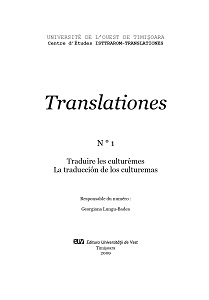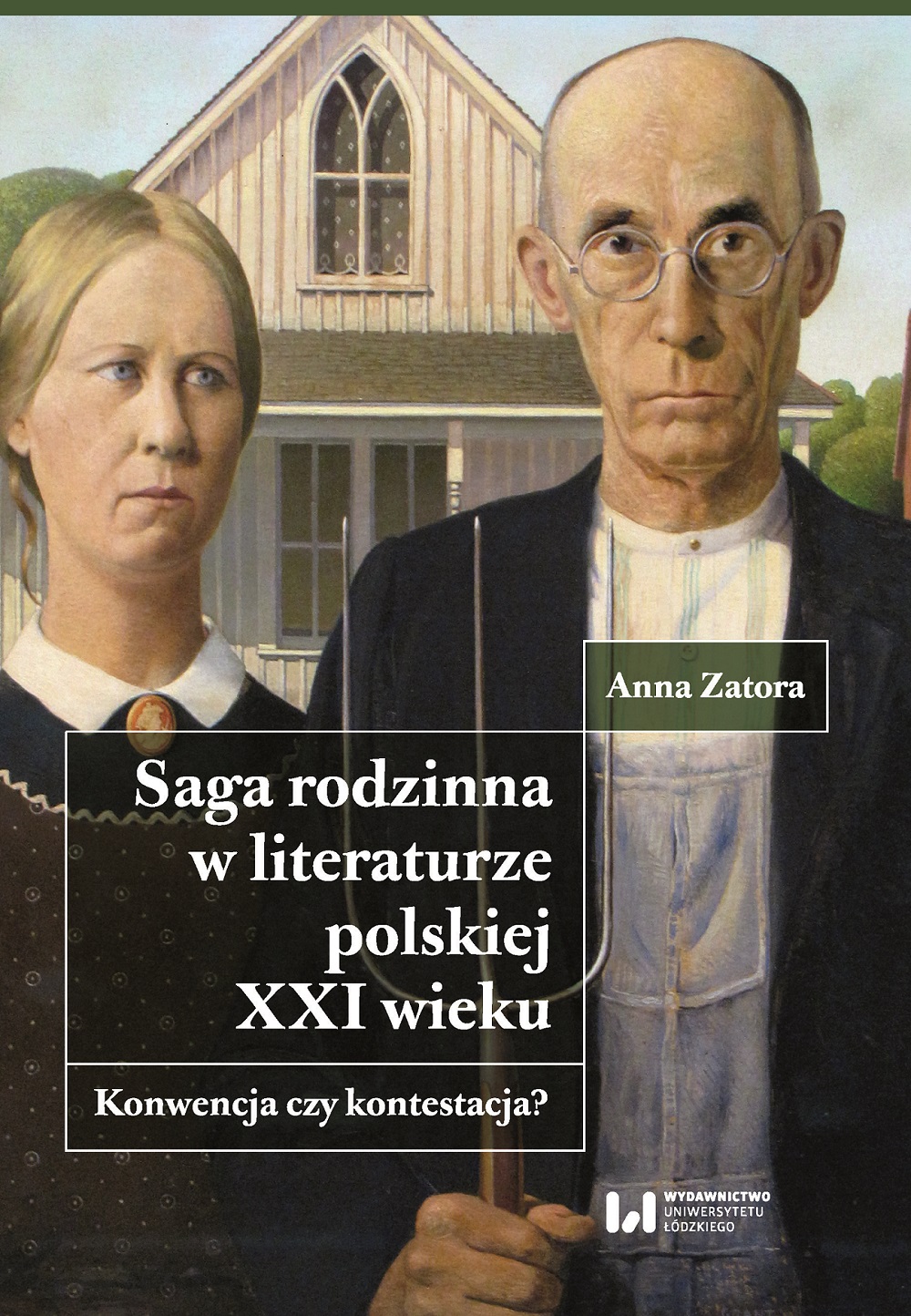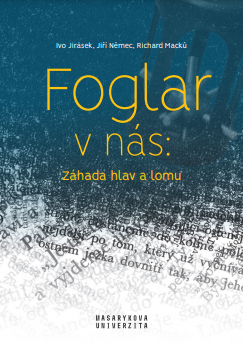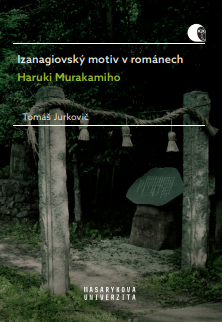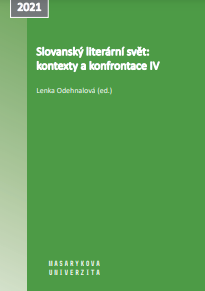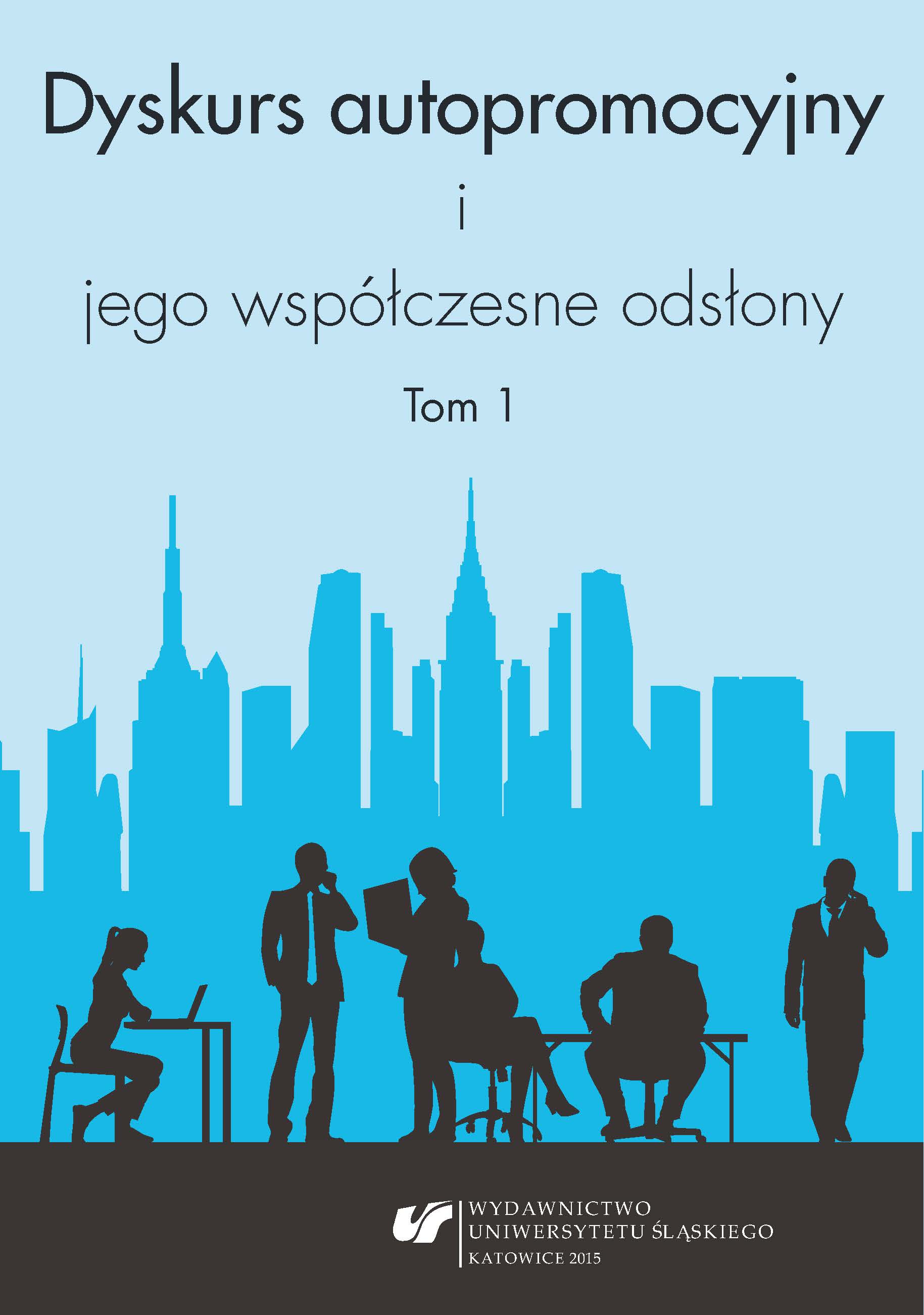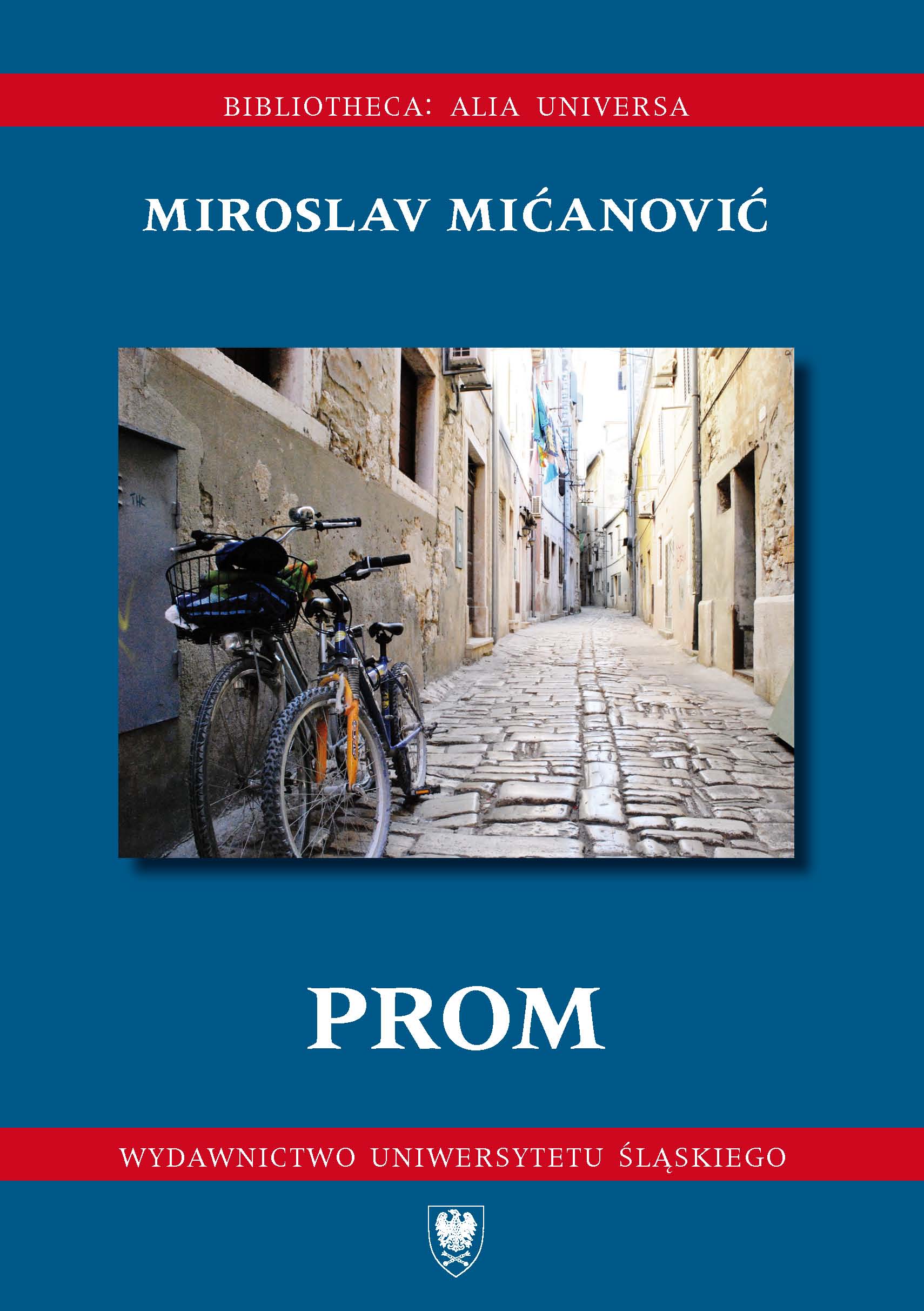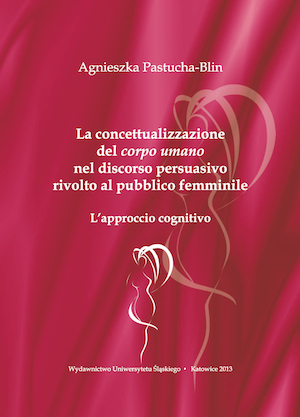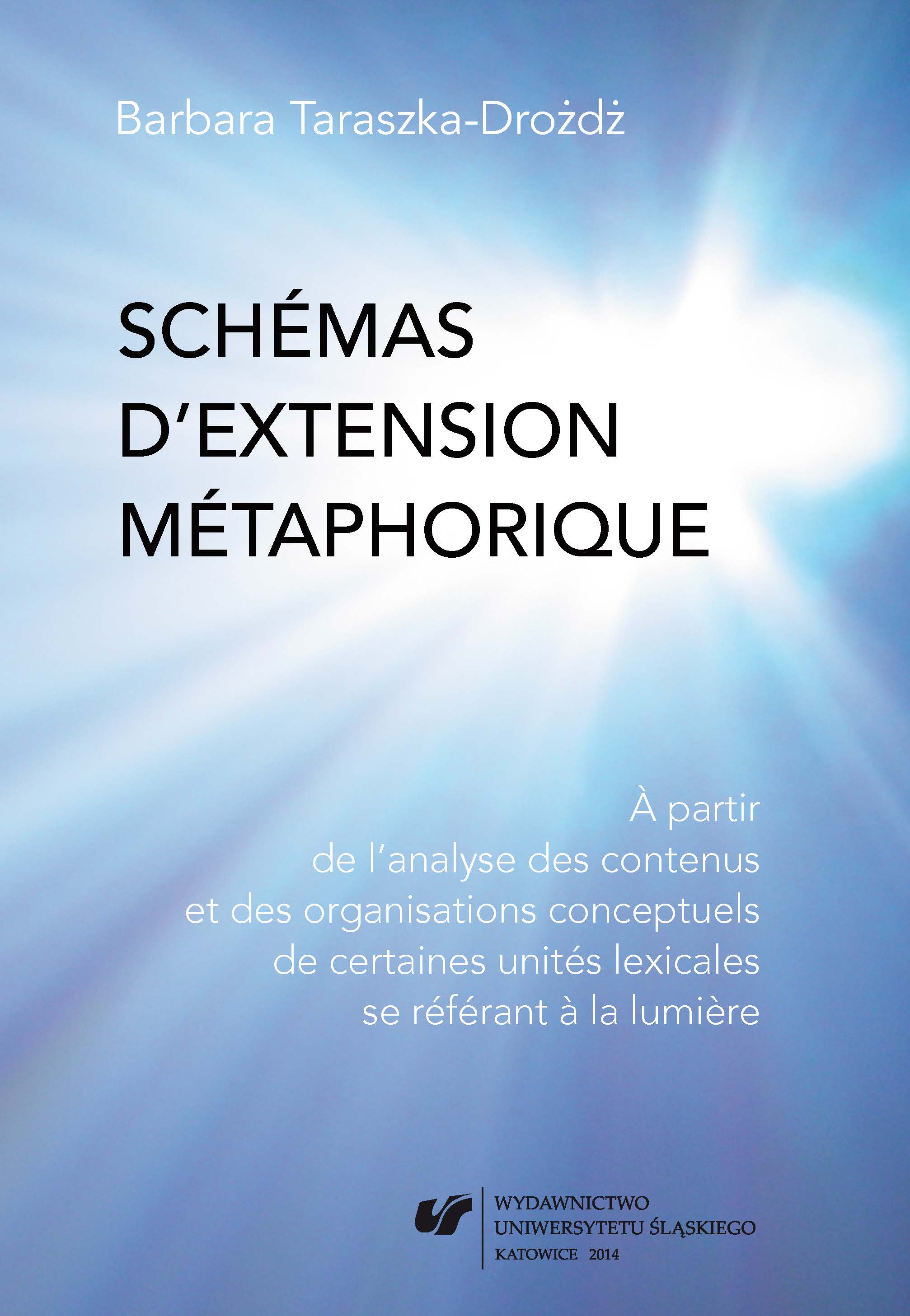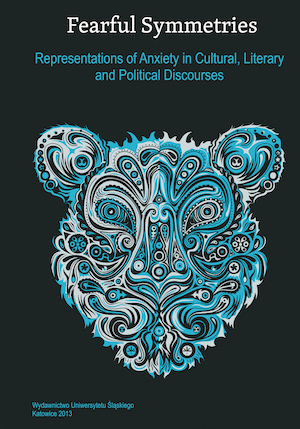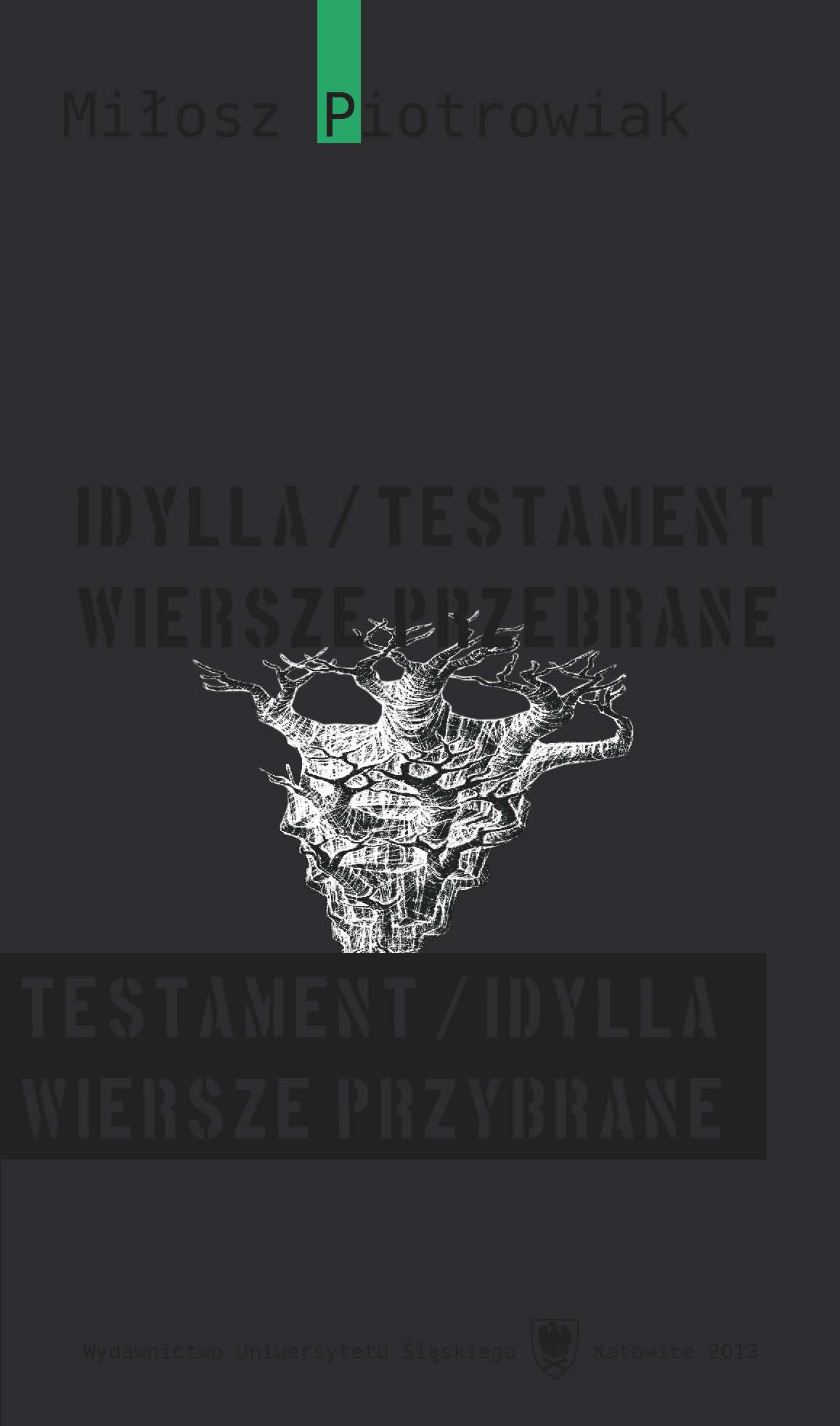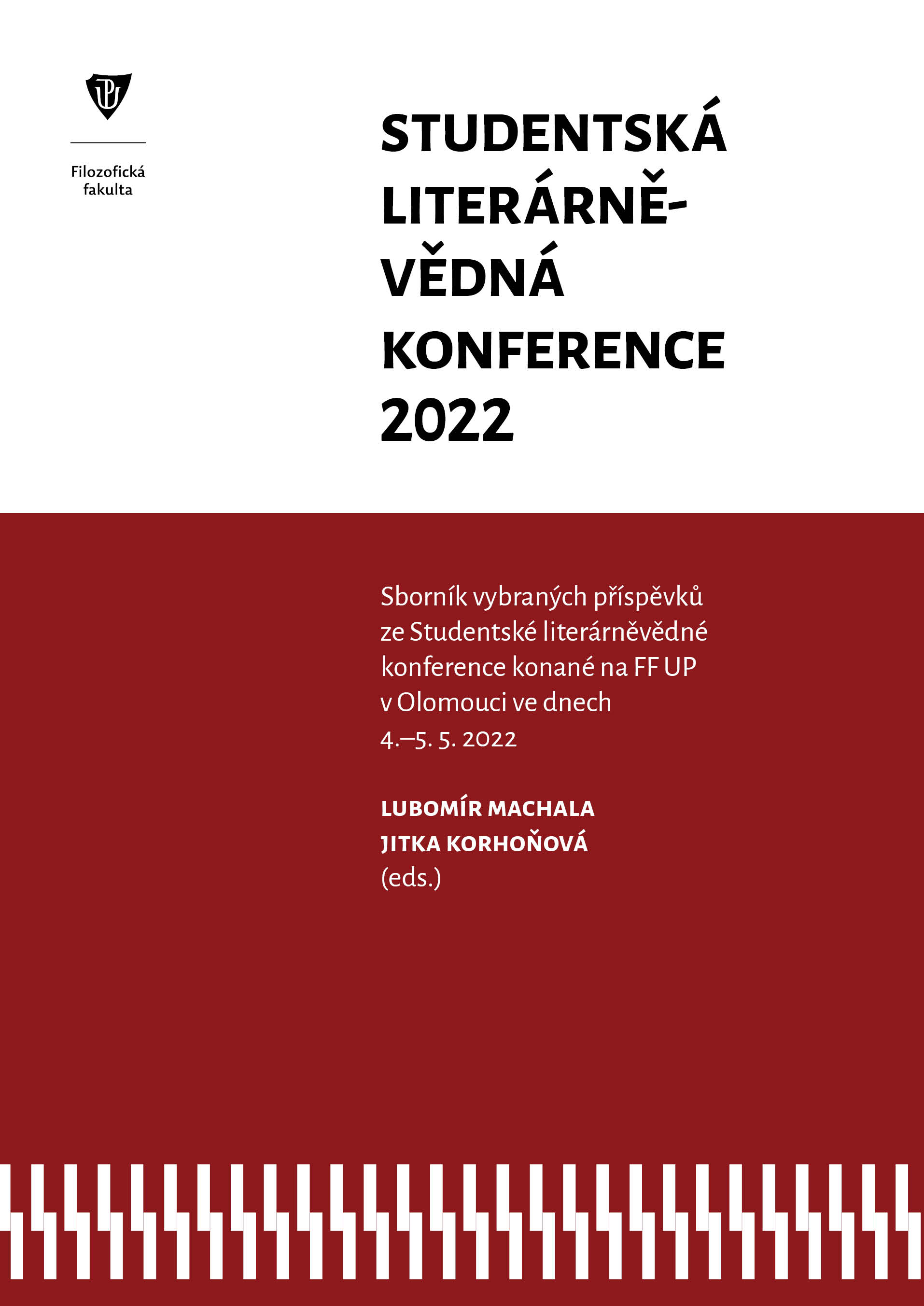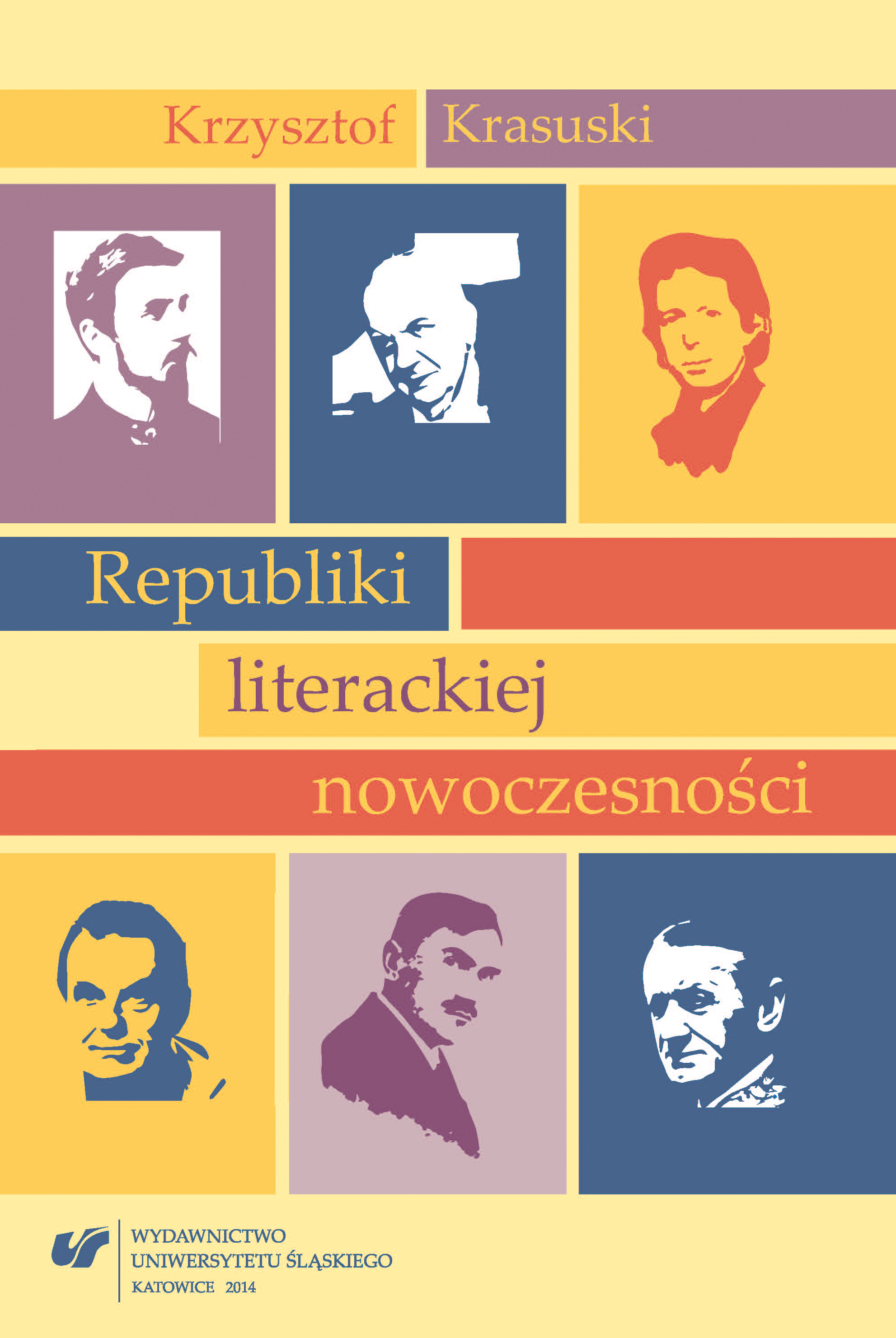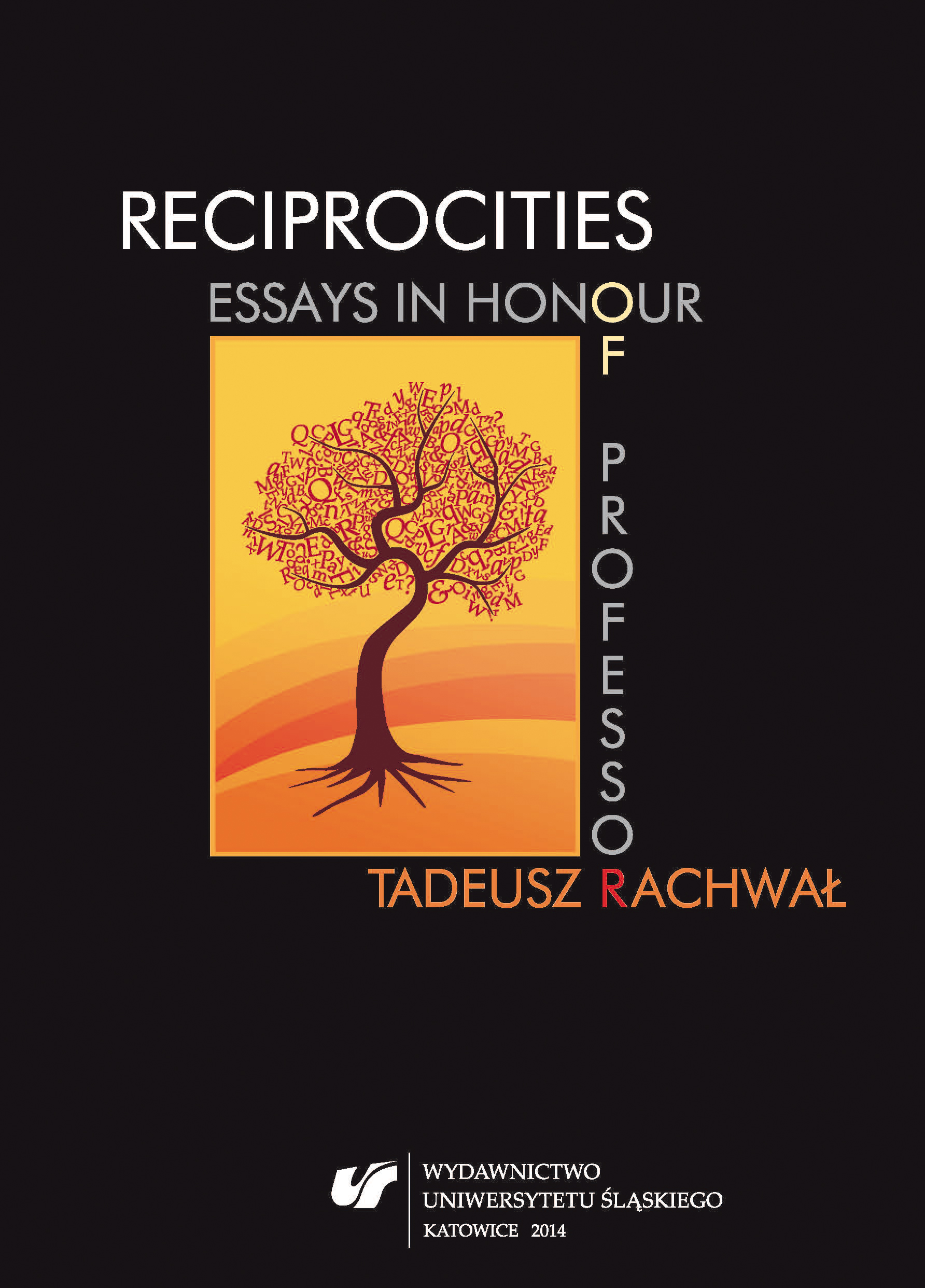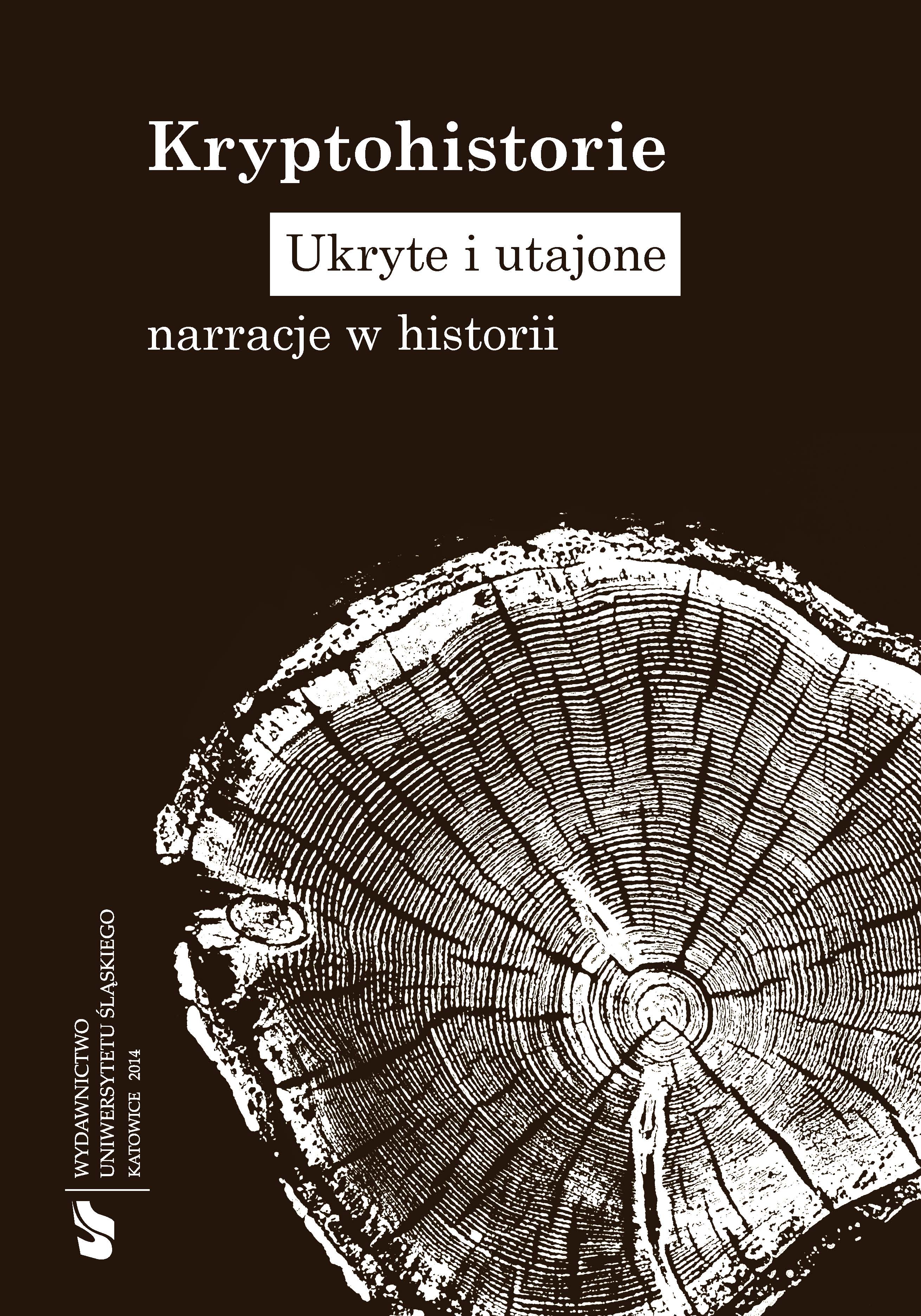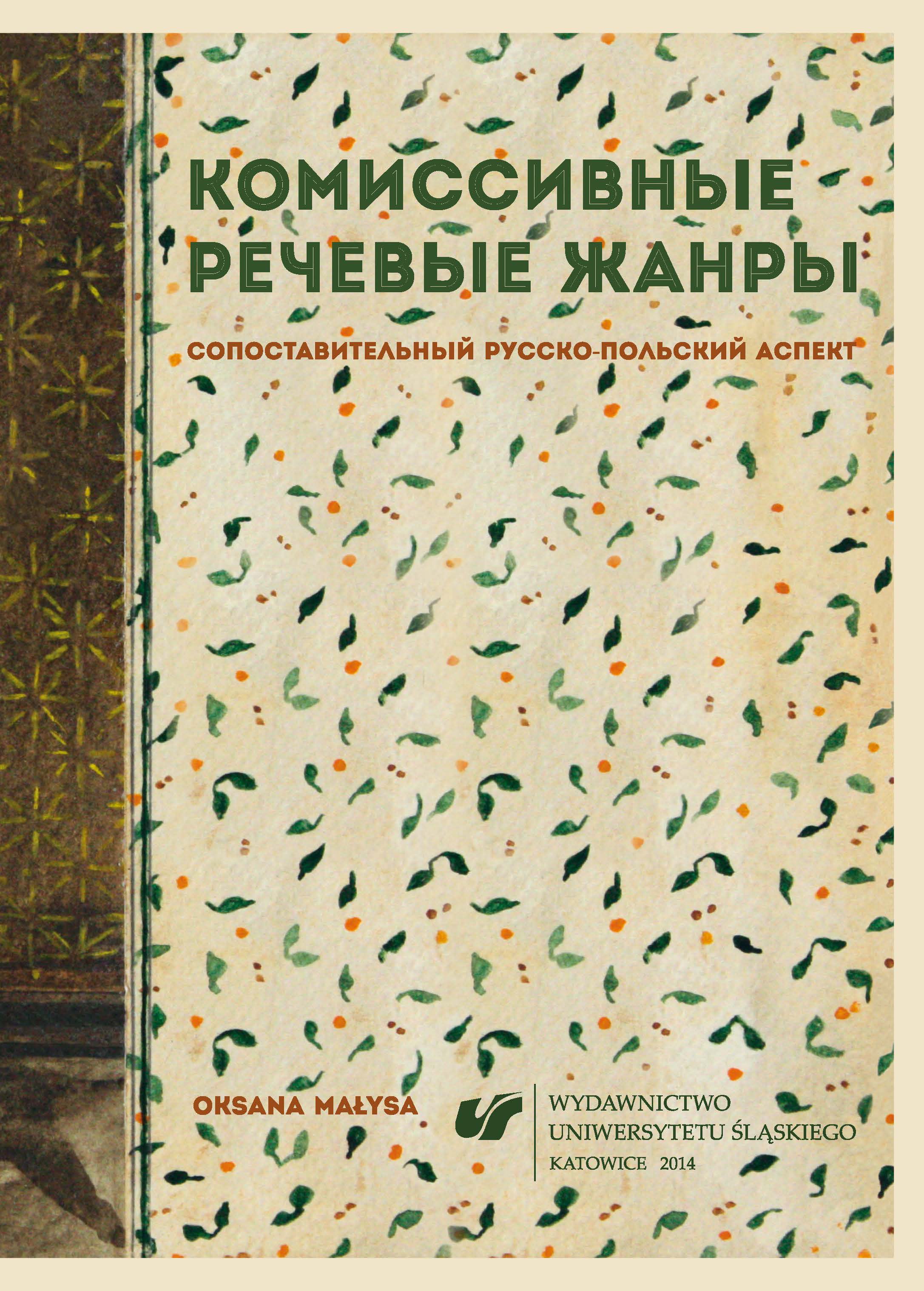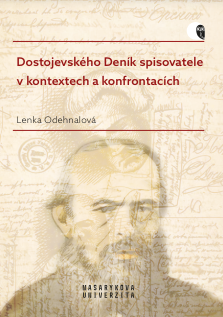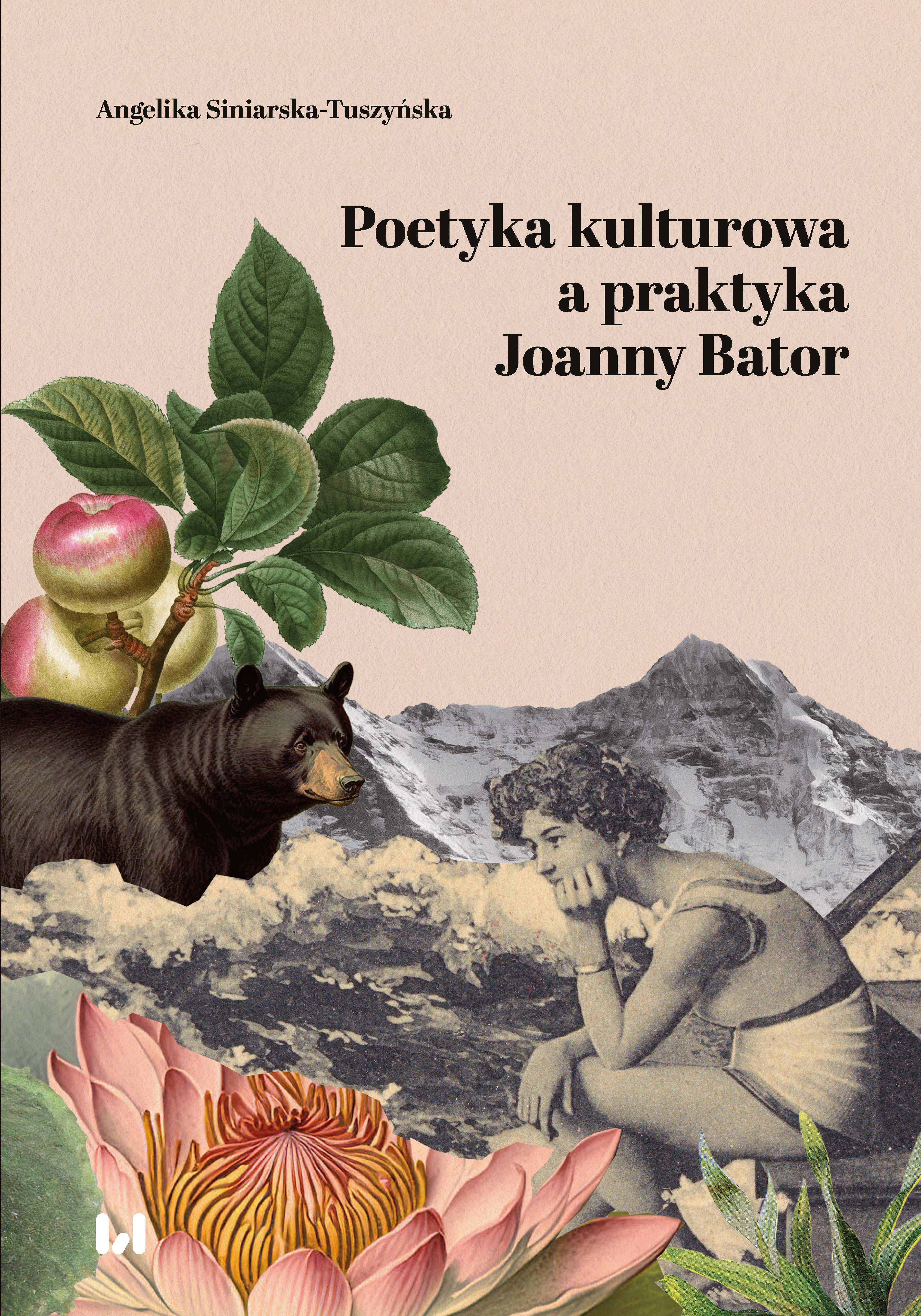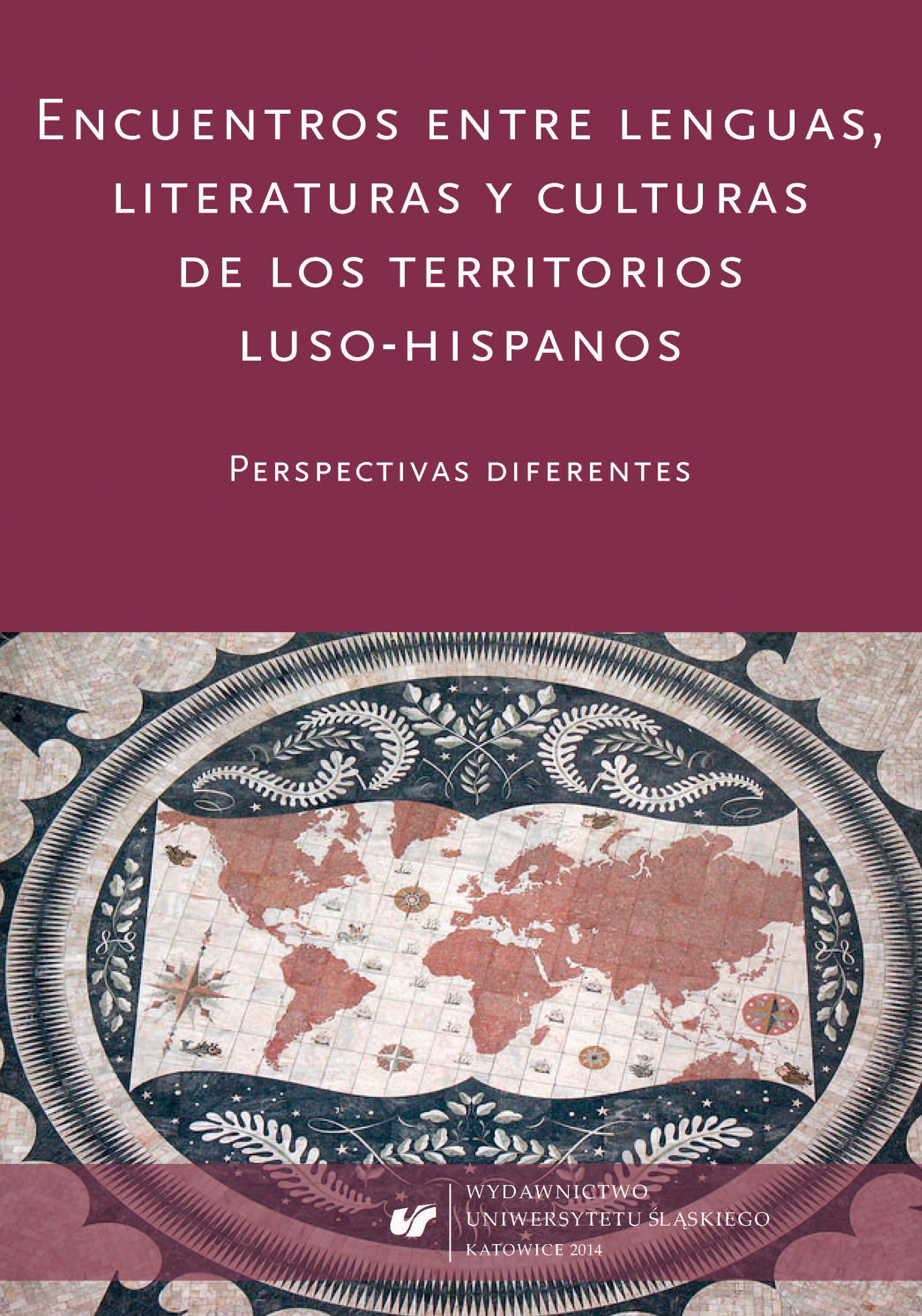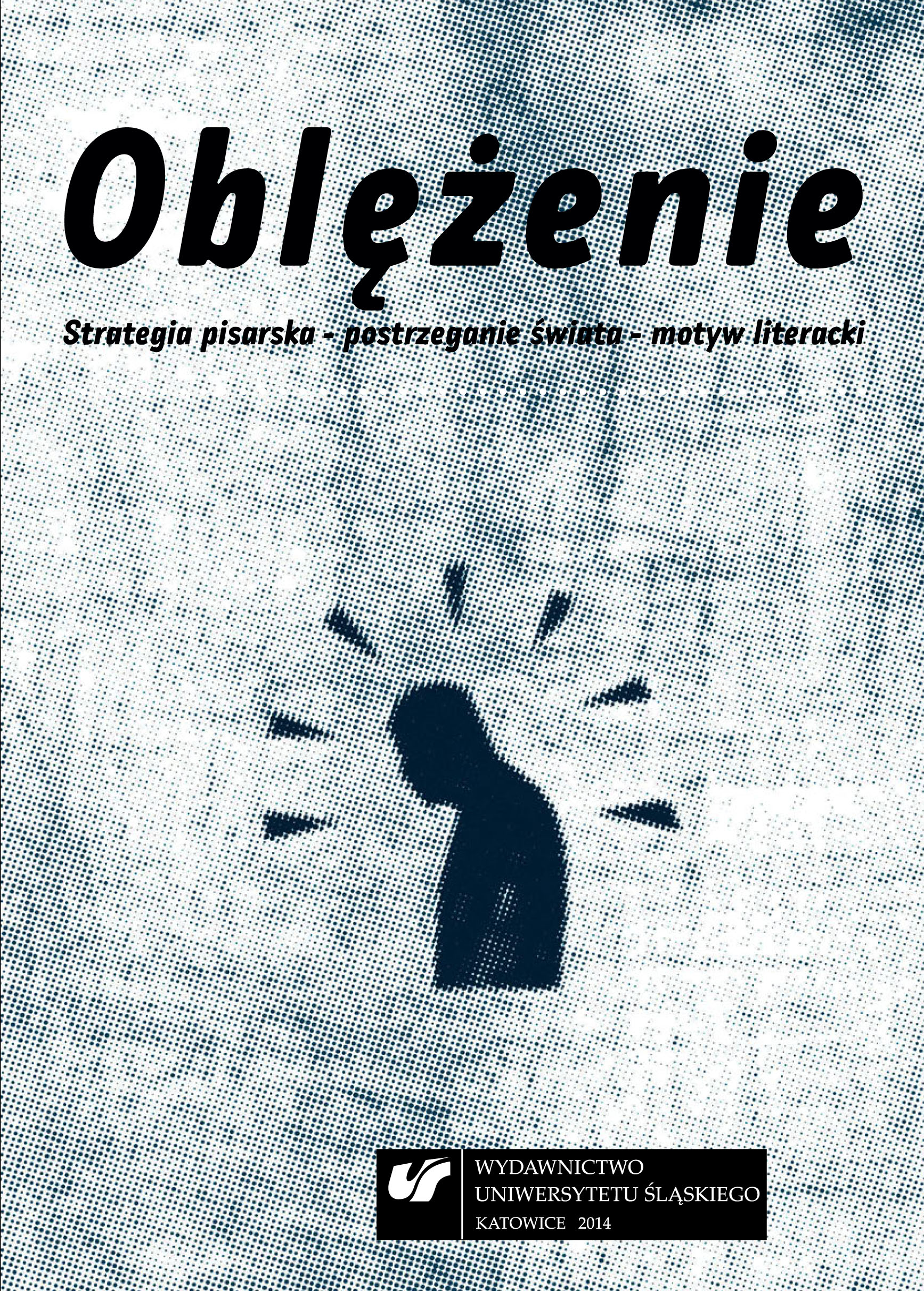Author(s): Agnieszka Pastucha-Blin / Language(s): Italian
The aim of the work is to present the way of conceptualizing the notionof corpo umano (a human body) and cura del corpo (taking care of the body) intexts devoted to women’s health and beauty.The corpus being analysed contains persuasive texts deriving from the ItalianInternet portals such as spaziodonna, donnamoderna, alfemminile, italiadonna,benesseredonna and Internet websites of the following periodicals: “IlCorriere della Sera”, “La Repubblica”, “Cosmopolitan”, “Marie Claire”, “Focus”,and “Panorama”.Chapter one presents the assumptions of cognitive linguistics, discussingthoroughly the issue of conceptualization based on a categorial organization ofexperience.Special attention was paid to metonymy (a mechanism creating semanticextensions within one domain based on adjacence) and metaphor (a processof copying from the input to the target domain based on similarities) that arethe basis of the conceptualization of the notion of corpo umano in the verycorpus.The analysis conducted was based on a cognitive conception of Lakoff andJohnson’s metaphor. The types of metaphors embodying our experience arereflected in a language use distinguished by the researchers were characterized.The process of conceptualization was presented in a wide communicativeand genological context. Chapter two gave definitions and determinants of thetext, as well as selected models of communication, taking into considerationa linguistic communication. In view of the source of the linguistic material, thework included descriptions of the communications models in the Internet.A lot of attention was paid to argumentative texts where the author presentshis/her point of view and makes the receiver accept it. In so doing, he/she usespersuasive strategies such as constructing the source of the expression or axiologization.In this perspective, a discourse is not only a functional product, but isalso treated as a phatic object and carrier of the value system, which proves itsmultidimensional nature.Further on, the work discusses the problem of manipulation, that is, animplicit persuasive communication being psychological in nature, and an axiologicalaspect of persuasive strategies.In subsequent chapters of the book, definitions and classifications mentionedin the analysis of the notion of corpo umano in a persuasive discoursewere characterized. The subject of the studies presented in chapter three weremetaphors used in a description of the body and actions taken when taking careof the body. As a result of the analysis of the linguistic determinants one couldthoroughly analyse the conceptualization of a given notion.The analyses of metaphorical expressions conducted allowed for showinga part of the human body and its functions in the categories of a material, plant,building as well as an object of a religious cult. The measures aiming at obtaininga perfect look are understood as an armed conflict and a journey.Chapter four discussed the linguistic mechanisms used by the authors ofpersuasive texts in order to influence the receiver (through arousing emotions,influencing the receiver’s awareness, his/her imagination and reactions).Also, an attempt was made to characterize the linguistic actions aiming atinfluencing the receiver’s decision by means of imposing a particular vision ofreality on him/her. Such actions include, without a doubt, creating the sourceof the expression.The analysis of linguistic expressions, being the trace of the author’s presencein a given linguistic material allowed for outlining a profile of a text sender.He/she wants to escape from being responsible for the information read, doesnot reveal him/herself at all, sometimes hides in a group or gives the floor toothers, mainly experts.The sender seems to be a person having a rich experience, high competencesand potential (in comparison to the receiver). Even though he/she tries toenter into a contact with the addresser, he/she does it in order to impress him/her much more, and, in consequence, influence more.Sender’s dominance in a discourse also takes on the form of criticism towardsdefects of women’s body. The way the authors of persuasive texts describefemale readers’ bodies creates an image of an imperfect receiver who (perceivedthrough the prism of his/her physicality) is urged for a constant metamorphosis.
More...
